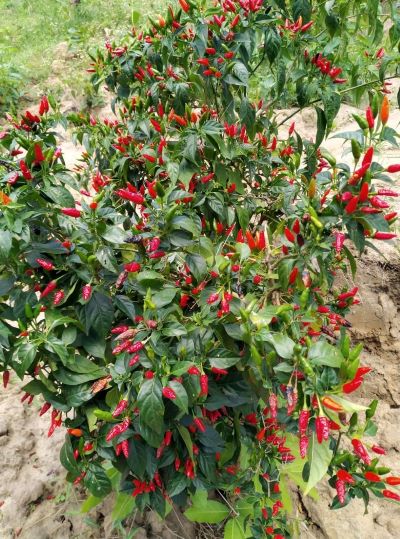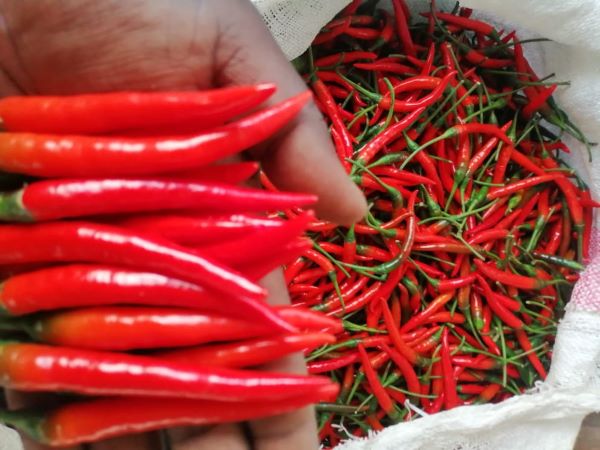Kenya has resumed regular chili exports to the European Union (EU) after two months of interrupted exports following the interception of chillis in July that didn’t meet the union’s stringent phytosanitary standards.
According to Kenya Plants Health Inspectorate Service (Kephis) Managing Director Theophilus Mutui there have been no further interventions and the country is working with the EU to establish clear export standards.
“We have had no further issues and this has satisfied the EU to remove Kenyan chilies from their audit,” outlined Mutui.
KsSh3.1M Donation
In an effort to avert future interventions, the European body has donated lab testing equipment worth Sh3.1 million.
According to the EU’s Manager for Finance and Private Sector Development in Kenya, Adolfo Cires, the Certified Reference Materials (CRMs)– calibrated to EU standards– will allow Kenya to meet Global Good Agricultural Practice s(Global GAP) systems on the pesticide residue levels and meet the EU regulations.
“Tests on pesticide residue levels on crops will now be much easier and more accurate.”
This will mean increased agri-produce from Kenyan farmers reaching the EU market much more easily. “This equipment will ensure Kenya meets international phytosanitary standards in the spirit of ‘one test accepted globally’,” added the Kephis MD.
The EU is Kenya’s second-largest trading partner, with the country netting Ksh188 billion in foreign exchange mainly in vegetables, fruits, and flowers.
From the concluded EU-Kenya Economic Partnership Agreement in June of this year, Kenya will enjoy free access to the EU market following the removal of tariffs and quotas on all Kenyan exports of goods (except arms).









[…] FARMERS REVIEW AFRICA […]
Comments are closed.